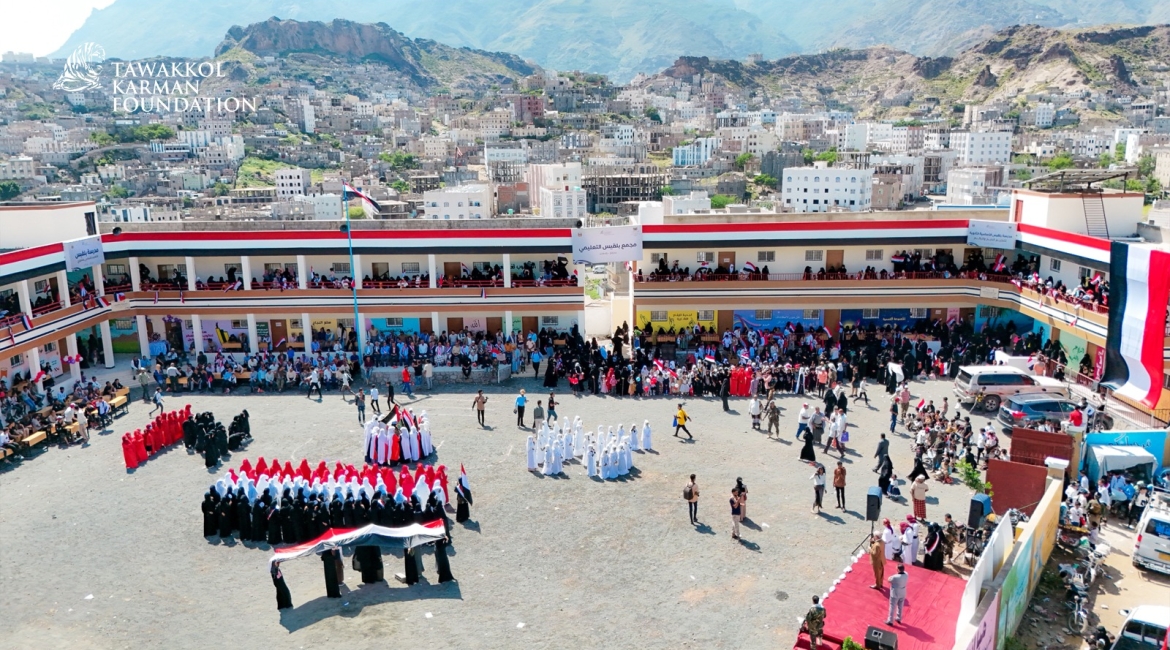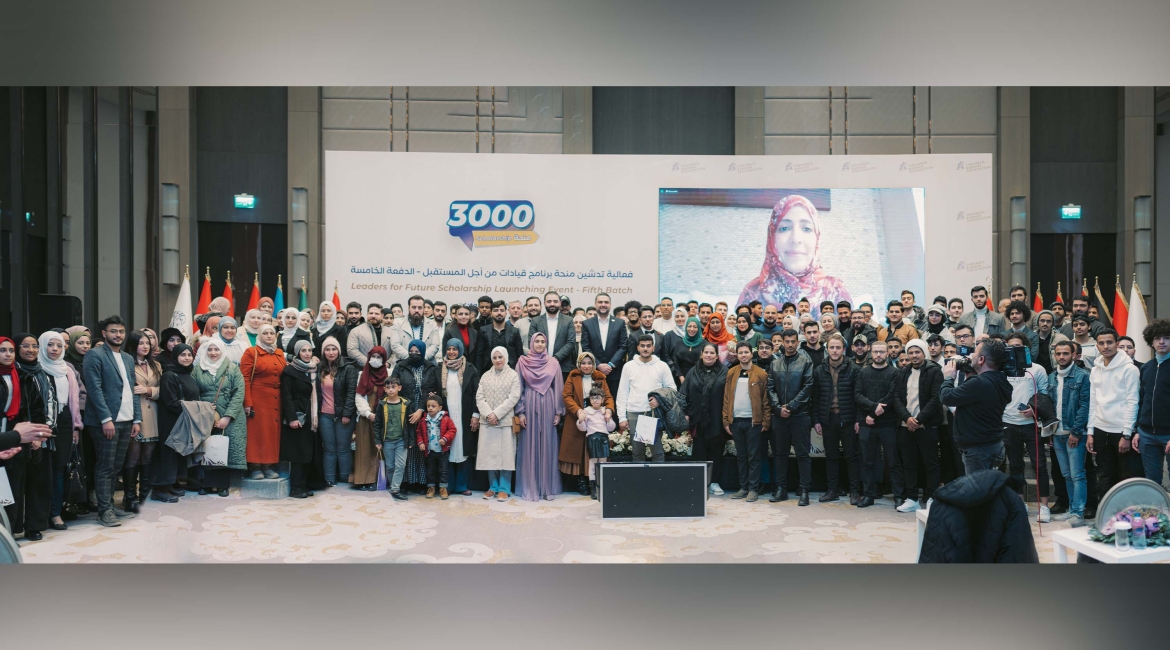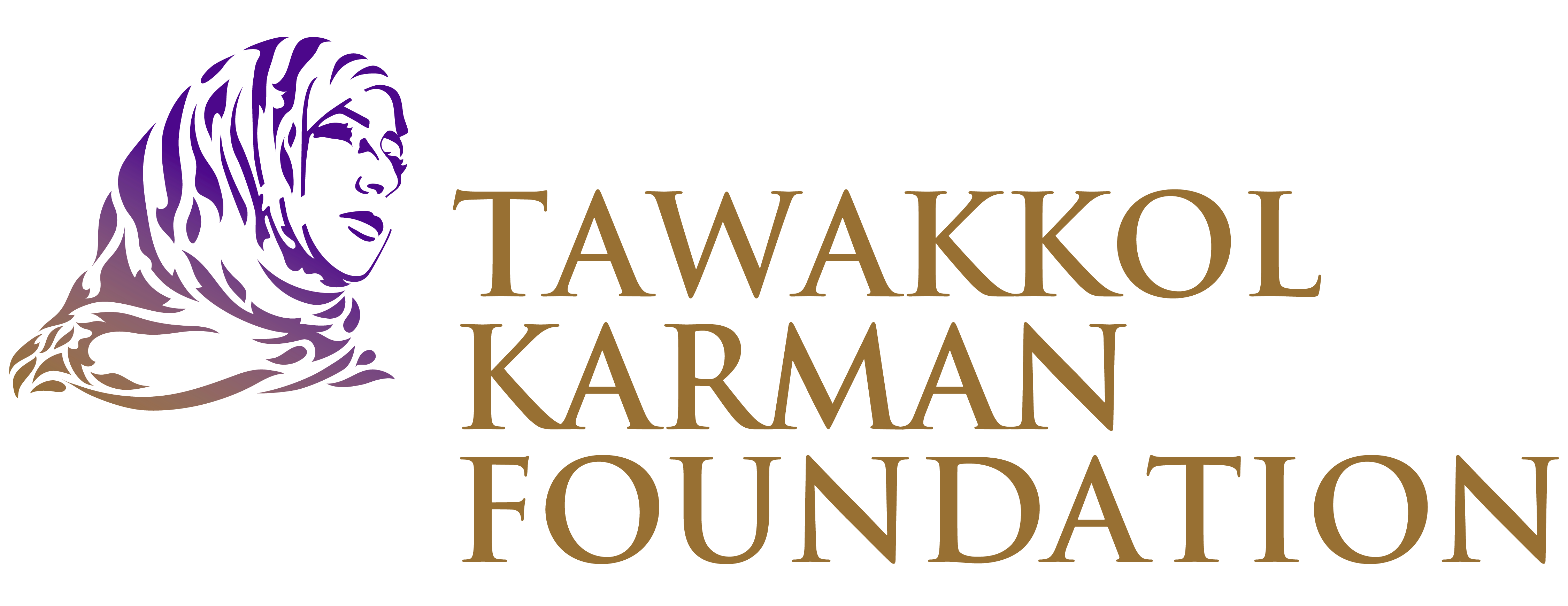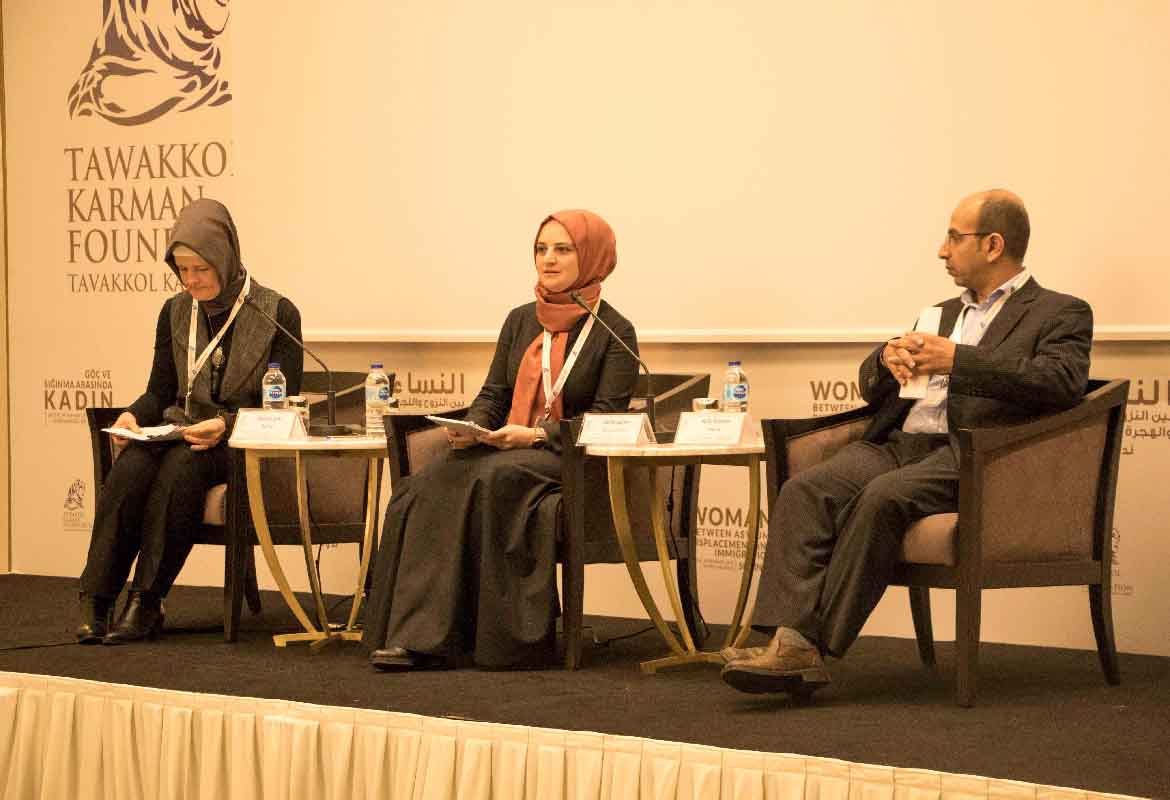In 2018, the world witnessed a new wave of internal displacement and external asylum. The Global Trends report issued by the United Nations High Commissioner for Refugees revealed that the forcibly displaced people who escaped persecution, conflict, and violence exceeded 70 million people (about twice the population of California) worldwide.
The Internal Displacement Monitoring Centre of the Norwegian Refugee Council (IDMC/NRC) stated that in 2018 around 2.1 million people were displaced from the Arab region, Syria, Libya, and Iraq. Many were unable to return to their homes escalating violence, insecurity, demolishment of infrastructure, and lack of primary services and ways of making a living.
The report stated that the escalation of the fights to that aimed at controlling the port of Al Hudaydah in Yemen in mid-2018 prompted 250,000 cases that flee for their lives, which raises the displacement cases in Yemen to 3.2 million cases, while the actual number is estimated to be much higher, consistent with the NRC council. Furthermore, the United Nations High Commissioner for Refugees estimated that Yemeni refugees reached 150,000 as of 2018.
According to the Norwegian Monitoring Center, the Syrian war which will enter its eighth year in 2018, and the regime's attacks on civilians to control Idlib, Daraa, and the suburbs of Damascus caused the displacement of 1.6 million. This raises the total number of internal displacements to 6.2 million, while the number of refugees reached 5.6 million in the neighboring countries.
In conjunction with the continuing crisis of the Rohingya, a Muslim minority in Arakan, of which one million refugees fled to Bangladesh after being targeted by extremist Buddhist militia, and as part of her efforts to advocate for people, mobilize support, and advocate for those affected, the TKF organized a symposium on the subject of displaced women and refugees in Yemen, Syria, and Myanmar.
In her opening speech, Misk Al-Junaid, the executive director of the foundation, said, “TKF is preparing to implement many projects targeting displaced people and refugees from Yemen and Syria, these projects came to heal the wounds of war and help refugees.”
Moreover, Nobel Peace Prize laureate, Tawakkol Karman, described the scenes she witnessed in the refugee camps she visited last year in Turkey, Jordan, Syria, Bangladesh, Serbia, Croatia, and Germany.
Karman said, “the flow of refugees shouldn’t be faced with closed borders, barbed wires, or by sending guard dogs on refugees trying to cross the border as this goes against the humanitarian values and standards that the European Union states claim to have devoted themselves to during the establishment of the Union.”
On the Syrian issue, Karman added, “Bashar al-Assad, killed half a million Syrian citizens, displaced his people, forced the Syrian population to emigrate, and applied a policy of torture, exile, and massacres.”
In her speech, Karman called on the world to take real and effective action against rape, massacres, torture, and the brutal killing of children in front of their families, under what she referred to as “the genocide of the Rohingya people”. Karman appealed to countries around the world to abide by the human rights law, open their doors to refugees and accommodate them, and meet the needs of women and unaccompanied children.
Furthermore, a Syrian lawyer and former convict, Majd Sharabaji, spoke about the situation of Syrian women in refugee camps, Syrian cities, European countries, and Turkey. Sharabaji began her talk with the story of her husband, who lost his life under torture in the Assad regime cells, and she highlighted many issues, including the brutal and inhumane treatment Syrian women face on the Syrian border by the Syrian regime soldiers. Sharabaji added, “women migrated alone, leaving their husbands who remained in Syria and are subjected to all kinds of persecution while trying to protect their lands and property.”
In the symposium, Shirin Haq, a Bangladeshi activist, cited dozens of new stories that describe the ongoing suffering of Rohingya refugees in Bangladesh. Haq was shocked by the scenes she witnessed in the refugee camps during her visit with Tawakkol Karman a few days ago, and she pointed out that Myanmar soldiers committed war crimes in cold blood against the Rohingya Muslims, while the world stands silent in the face of these crimes.




